Optimal Timing for Aerobic Septic Pumpings
Proper timing of aerobic septic pumpings is essential to maintain system efficiency and prevent potential failures. Regular inspections and pumpings should be scheduled based on usage, system size, and manufacturer recommendations. Typically, a routine pump-out is recommended every 12 to 24 months to ensure optimal performance.
Pumpings are often best scheduled during mild weather seasons to facilitate access and reduce service delays.
High household usage may require more frequent pumpings, generally annually, to prevent system overload.
Older systems or those showing signs of distress should be inspected and pumped more frequently to avoid costly repairs.
Following specific manufacturer recommendations ensures system longevity and optimal operation.
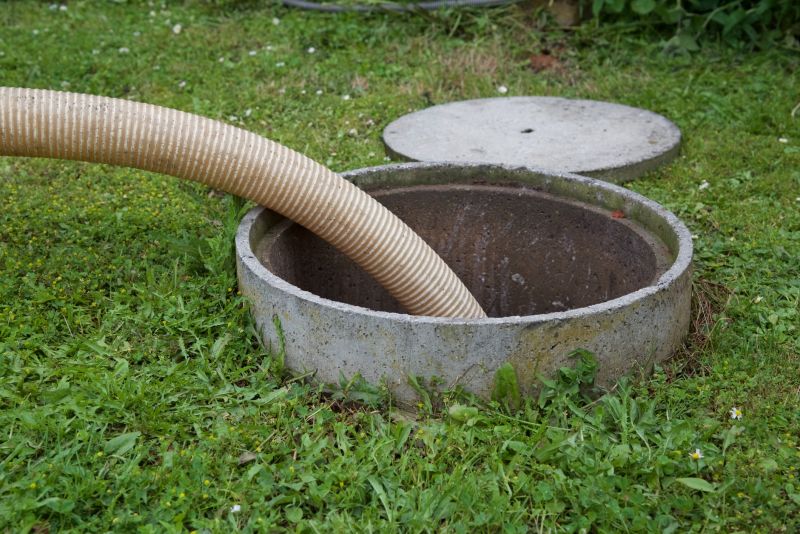
Visual overview of the septic pumping procedure for aerobic systems.
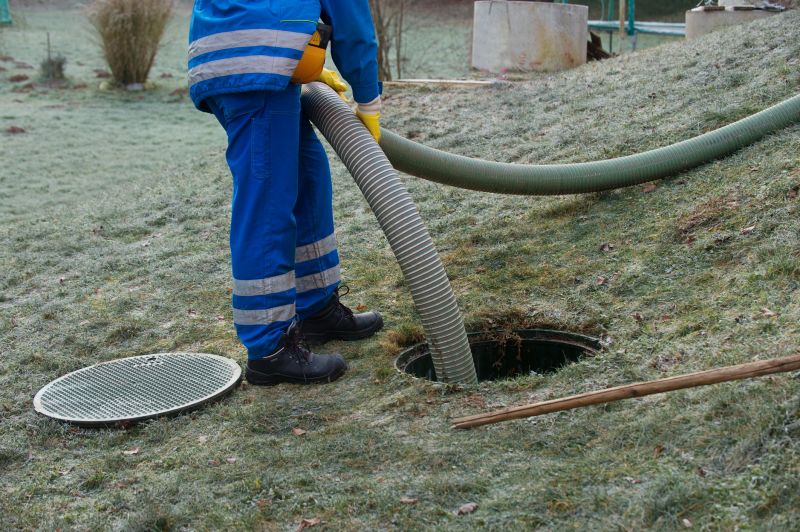
Technicians inspecting the system components during routine maintenance.
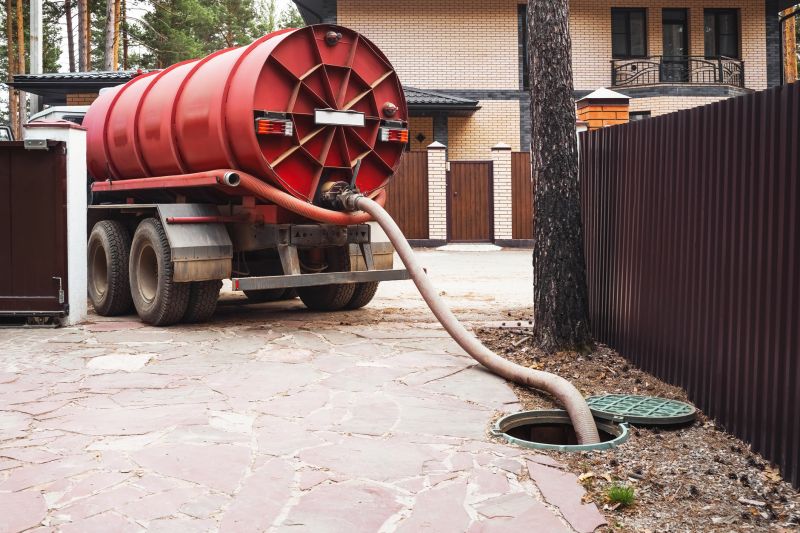
Equipment used for aerobic septic pumpings in action.

Ways to make Aerobic Septic Pumpings work in tight or awkward layouts.
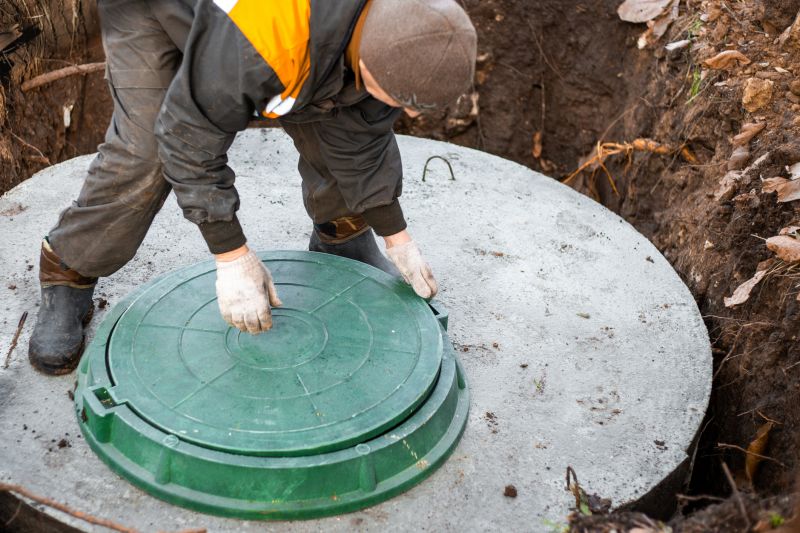
Popular materials for Aerobic Septic Pumpings and why they hold up over time.
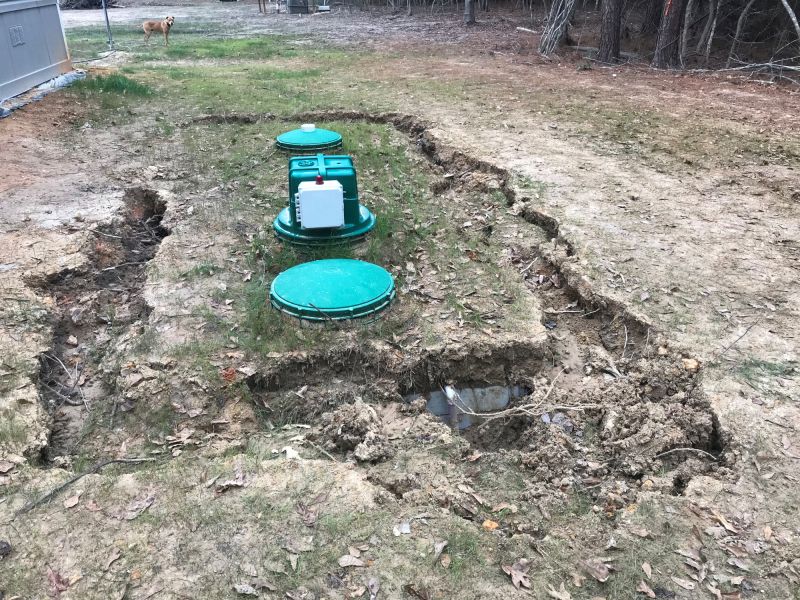
Simple add-ons that improve Aerobic Septic Pumpings without blowing the budget.
Aerobic septic pumpings are a critical maintenance task for ensuring the longevity and proper functioning of aerobic treatment systems. These systems utilize oxygen to break down waste more efficiently than traditional septic tanks, often resulting in improved water quality and system performance. Regular pumpings help remove accumulated sludge and prevent system blockages, reducing the risk of backups and costly repairs.
Statistics indicate that systems not pumped regularly are more prone to failure, with some studies showing failure rates increasing by up to 30% when maintenance is neglected. Proper scheduling and adherence to recommended intervals can significantly extend the lifespan of an aerobic septic system and ensure compliance with local health standards.
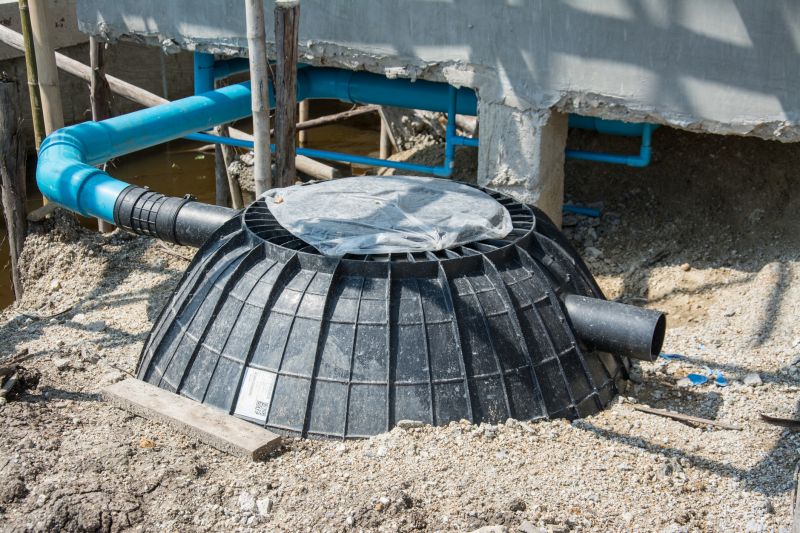
Diagram showing key parts of an aerobic septic system.
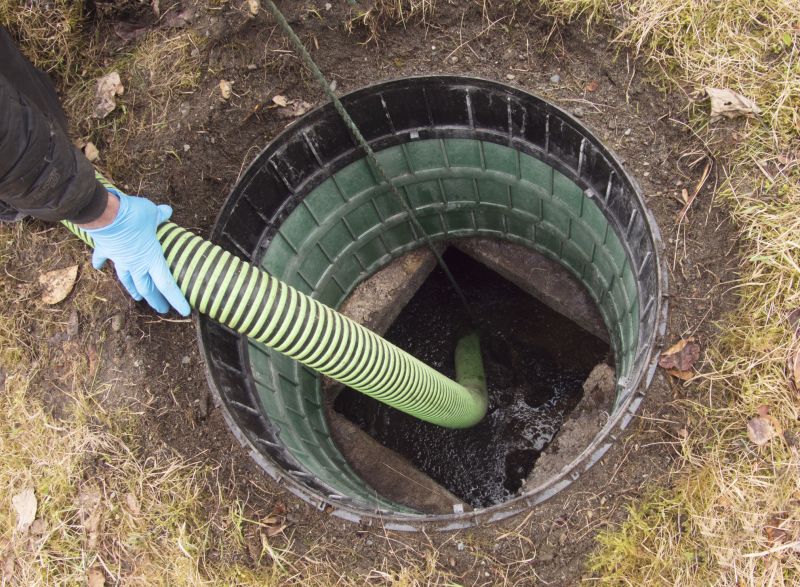
Efficient removal of waste during scheduled pumpings.
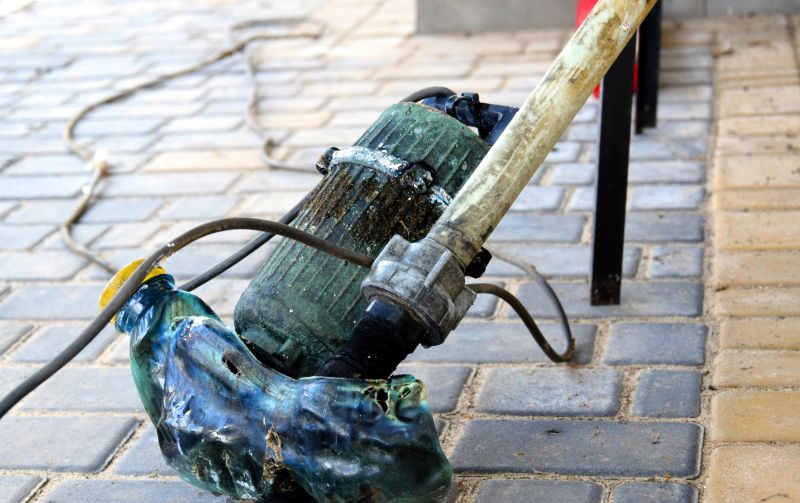
Tools and machinery used in aerobic septic pumpings.
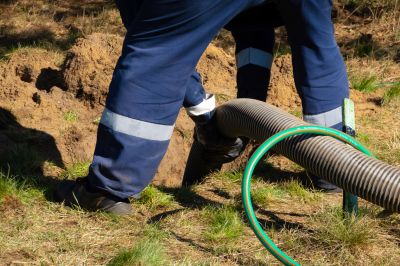
Technicians performing detailed system assessments.
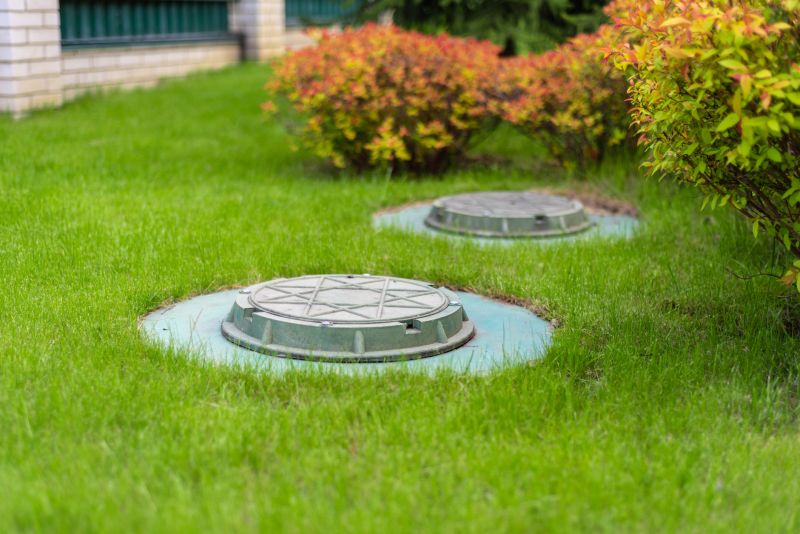
High-end options that actually feel worth it for Aerobic Septic Pumpings.
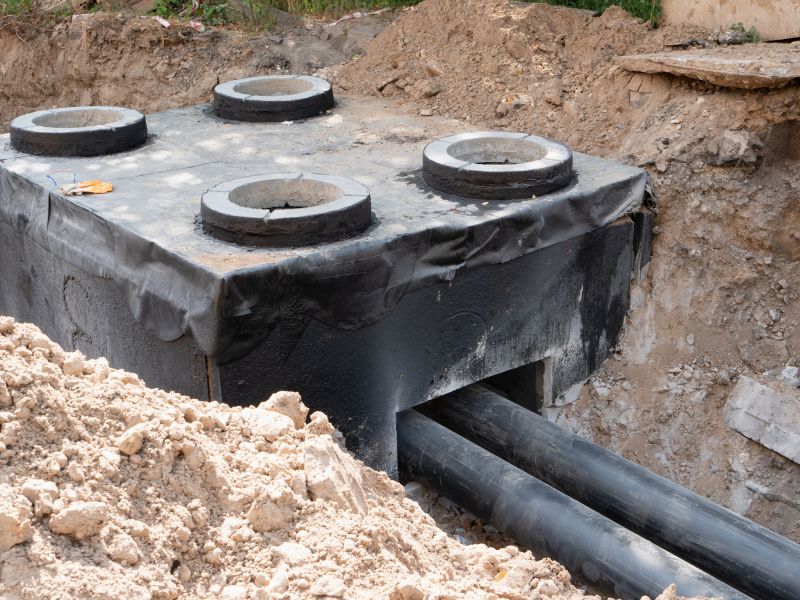
Finishes and colors that play nicely with Aerobic Septic Pumpings.
| Aspect | Details |
|---|---|
| Recommended Interval | Every 12 to 24 months |
| Factors Influencing Timing | Usage, system age, weather, manufacturer guidelines |
| Signs of Need | Unpleasant odors, slow drains, system backups |
| Benefits of Regular Pumping | Prevents system failure, extends lifespan, maintains water quality |
| Environmental Impact | Reduces risk of contamination and groundwater pollution |
Scheduling aerobic septic pumpings at appropriate times is vital for system health and compliance. Regular maintenance ensures that waste is effectively processed, preventing environmental issues and costly repairs. For those unsure about the optimal timing, consulting with a septic professional can provide tailored recommendations based on specific system conditions.
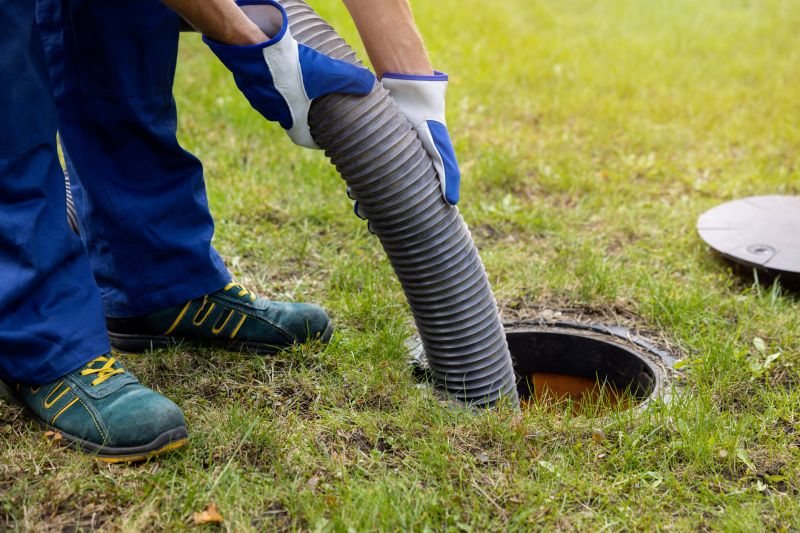
Technicians performing routine maintenance tasks.
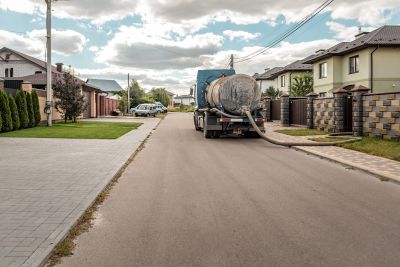
Specialized machinery used in septic pumpings.
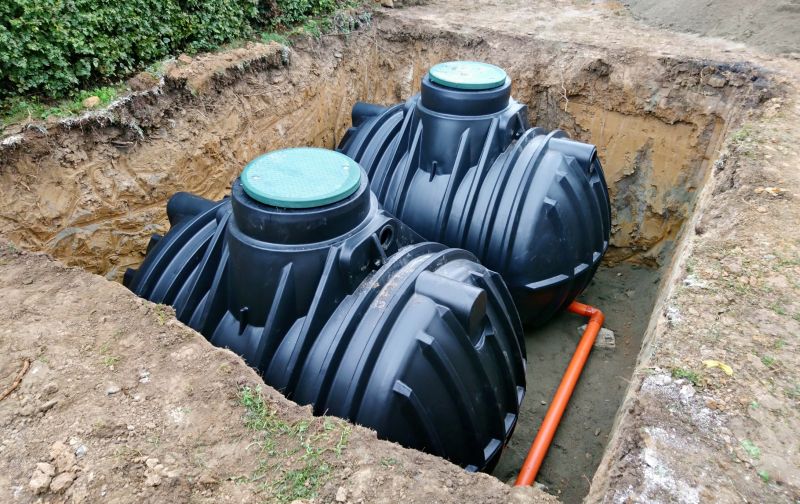
Properly maintained aerobic system in optimal condition.
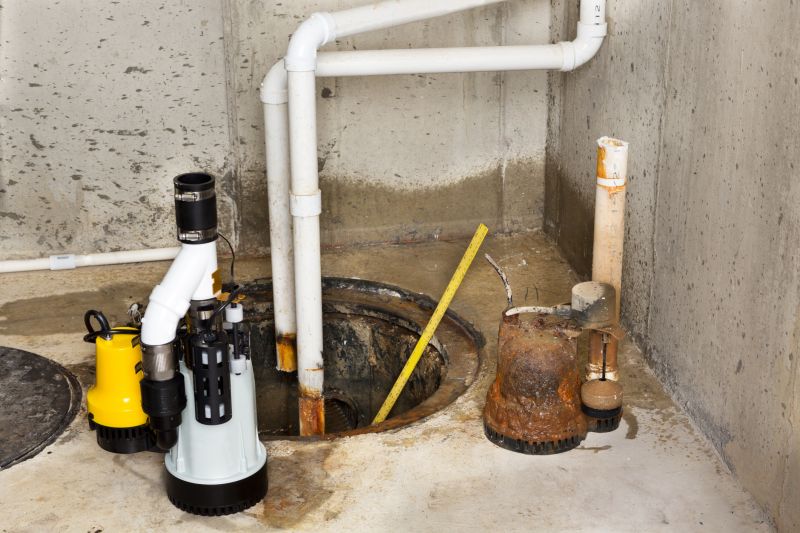
Little measurements that prevent headaches on Aerobic Septic Pumpings day.
Interested in maintaining a healthy aerobic septic system? Filling out the contact form can provide more information and help schedule routine pumpings to keep the system functioning efficiently.
